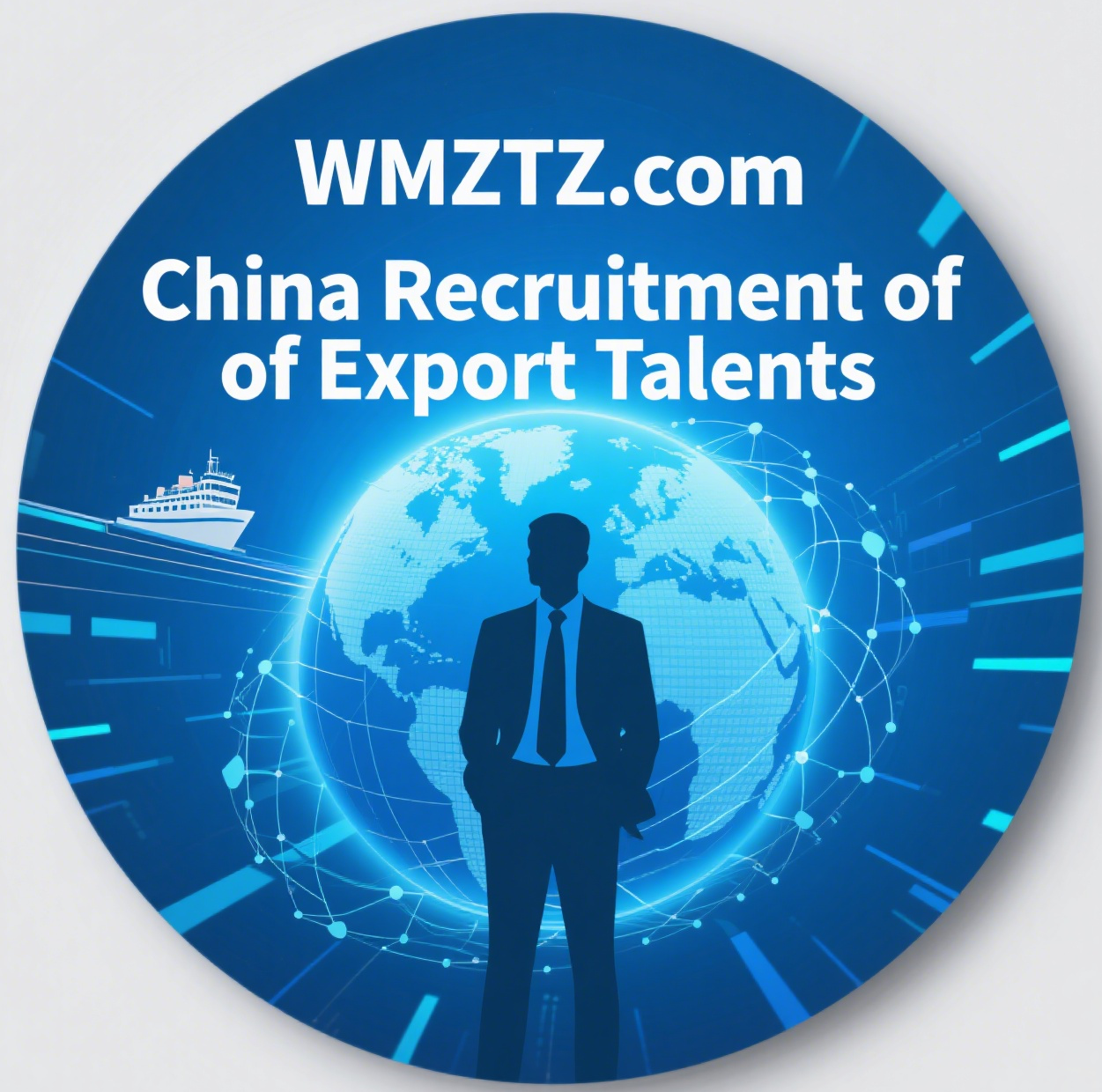How do Chinese employers view individualism versus collectivism in the workplace?
alejandrinachinnBegginer
How do Chinese employers view individualism versus collectivism in the workplace?
Share


1. Foundations of Traditional Collectivism
2. Emergence of Individualism in Modern Sectors
3. Pragmatic Hybrid Approaches in Practice
4. Generational and Sectoral Divergences
5. Strategic Balance as a Core Competency
Conclusion